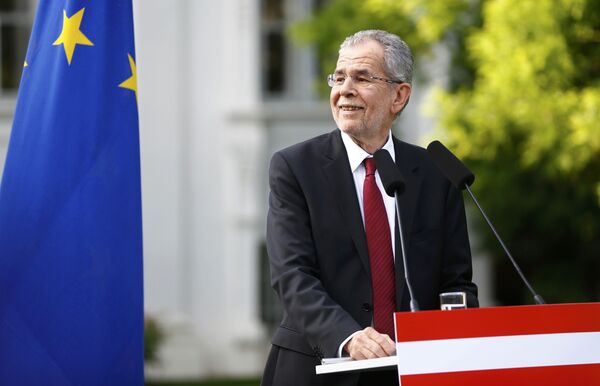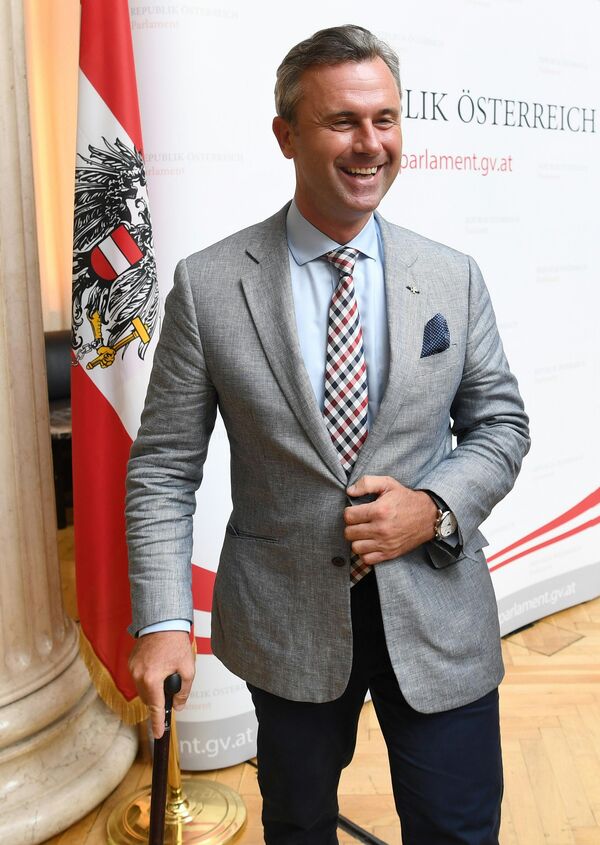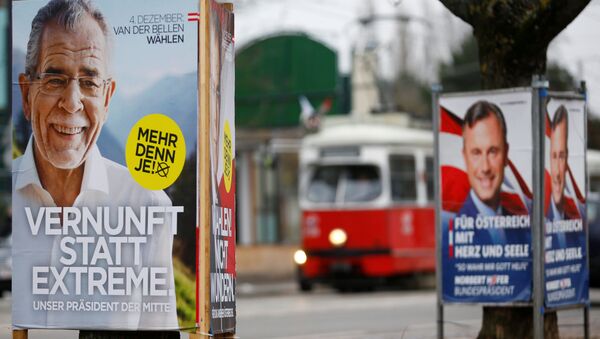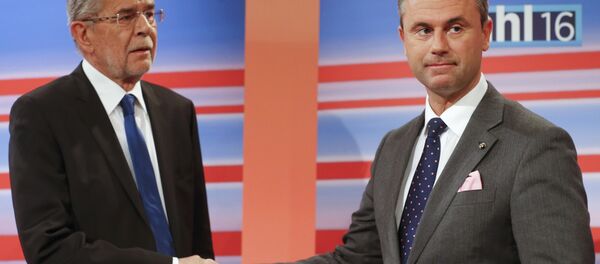After the first round of presidential election voting in April, two candidates remained: Norbert Hofer of the right-wing Freedom Party of Austria (FPO), and Alexander van der Bellen, former longtime Green party leader who renounced his affiliation before running for president.
The election marks the first time in 70 years that an Austrian President will belong to neither the Social Democratic nor the Austrian People's Party. It is also the longest election process in Austria's postwar history.

In April, Hofer received 35 percent of the vote and van der Bellen won 22 percent, sending them head-to-head in the second round, held in May. On May 22 Hofer was narrowly beaten by Van der Bellen, by just less than 31,000 votes.
However, Austria's Constitutional Court ruled that the result should be annulled and the election held again because some ballots had been handled improperly. Although there was no suggestion of fraud, the court heard that electoral staff had opened some postal votes prematurely, and stored them in the wrong place.
Repeat voting had been scheduled for October 3, but in September Austrian Interior Minister Wolfgang Sobotka announced that the vote was delayed until December because of faulty envelopes sent to postal voters. Sobotka said that the glue on the envelopes failed to seal the envelope after 25 minutes, rendering them unusable.

Not only are these elections the longest in Austria's history, they are the most expensive. According to the Oesterreich 24 news portal, Van der Bellen has collected 7.1 million euros ($7.6 million) in campaign donations, and Hofer has raised 5.9 million euros ($6.3 million).
On Friday Austria's Krone newspaper reported that the protracted election saga appears to have caused public interest to wane. The Austrian authorities have received 20.2 percent fewer applications for postal votes for the December 4 elections, than for the second round which was held in May.
Austria is a parliamentary republic in which the federal Chancellor (currently SPD leader Christian Kern) has the most powerful position.
However, according to the Austrian constitution, which dates back to 1929, the President has the responsibility to appoint and dismiss the federal Chancellor and the government, and even has the right to issue emergency decrees when parliament has been dissolved.
So far Presidents of the post-war Republic of Austria have declined to exercise all the power afforded to them under the constitution, and a presidential emergency decree requires in practice a government proposal, and approval from parliament.




